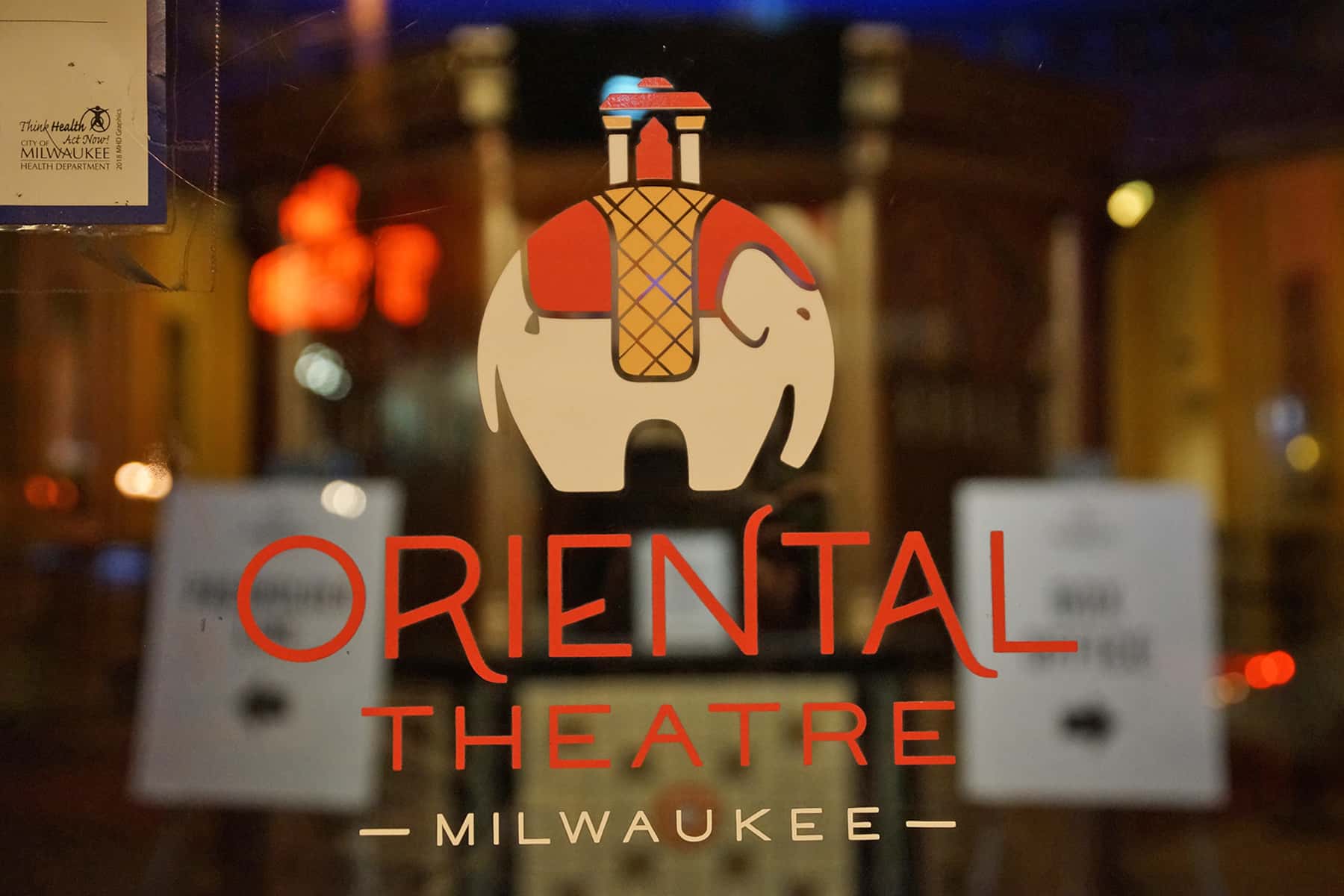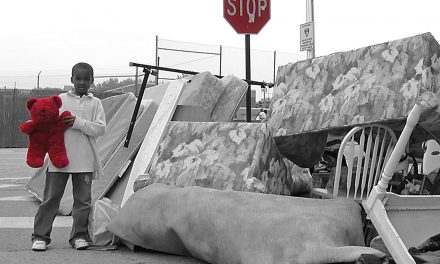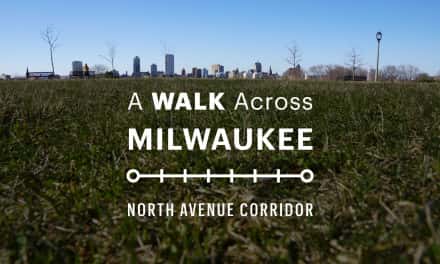
Milwaukee Film will hold two 15-day virtual film festivals this fall as a way to bring the greater Milwaukee community together in film.
Though it will be held entirely virtually, the 12th annual Milwaukee Film Festival (MFF2020), presented by Associated Bank, will take place during its previously announced dates of October 15 to 29. The second Minority Health Film Festival (MHFF) will expand to 15 days, running from September 10 to 24.
“This is a way for us to give our community some much-needed opportunities to connect and celebrate. Usually our fall events wrap up an incredibly packed season of festivals in our city – but this year, most of Milwaukee’s beloved fests have been canceled,” said Jonathan Jackson, CEO of Milwaukee Film. “We know our film festivals are better when we’re together, but we’re confident that we can deliver amazing experiences in a virtual space – full of discovery, wonder, tears, laughter and community.”
Milwaukee Film will present both festivals through CineSend, a platform that has powered a number of other film festivals that switched their events from in-person to virtual. CineSend provides viewers the opportunity to consume content on their televisions through integrations with platforms like Amazon Fire, Android TV, Apple TV and ROKU.
In a year when minority communities have been highly impacted by both the coronavirus pandemic and the increasingly urgent fight against racism, Milwaukee Film believes presenting films and events that spotlight minority health to be critically important.
“We started this festival last year thinking that we knew exactly how important it was to have conversations around minority health, and then 2020 happened,” said Geraud Blanks, director of Milwaukee Film’s Cultures and Communities program. “It turns out these topics are even more vital to explore after everything that’s taken place in the last few months.”
That importance, combined with the support of partners such as Froedtert & the Medical College of Wisconsin, led to a decision not only to move forward with a virtual MHFF, but also to greatly expand its length and scope.
More than 25 feature films and three shorts programs will pair with about a dozen events, all structured around themes of family, community and institutional health. The festival will also highlight health resources and ways for festival attendees to take action toward improving health outcomes.
“We see this festival as an amazing opportunity to leverage the power of film and conversation – and turn it into action,” Blanks added. “A lot of people have seen the impacts of the coronavirus and of racism on our community and wondered what they can do. Our hope is that, if you take part in the Minority Health Film Festival, you’ll have more of the tools you need to help change things for the better.”
Like arts organizations throughout the country, Milwaukee Film has had to learn how to adapt to a world in which people can’t safely gather to enjoy experiences together. With the closing of theaters throughout the region in March, including Milwaukee Film’s Oriental Theatre, and reductions in staff and budgets in July, the fate of the 2020 Milwaukee Film Festival was in question during the early days of the pandemic.
“This spring, we struggled with trying to make the best decisions for our staff, our industry and our community. It came down to this: The Milwaukee Film Festival is the core of everything we do, and if we can safely have a festival, then we’re having a festival,” Jackson added. “The incredible thing about having a film festival virtually is the opportunity we have to reach a vast number of people that we’ve never reached before through the accessibility provided by these new digital platforms,” he added.
The campaign theme for MFF2020 will be “Adapted for Your Screen,” a nod both to the change to a virtual platform and to the rich artwork created by local artist Jade Watring, which features technicolor butterflies emerging from.
© Photo
Lee Matz
















